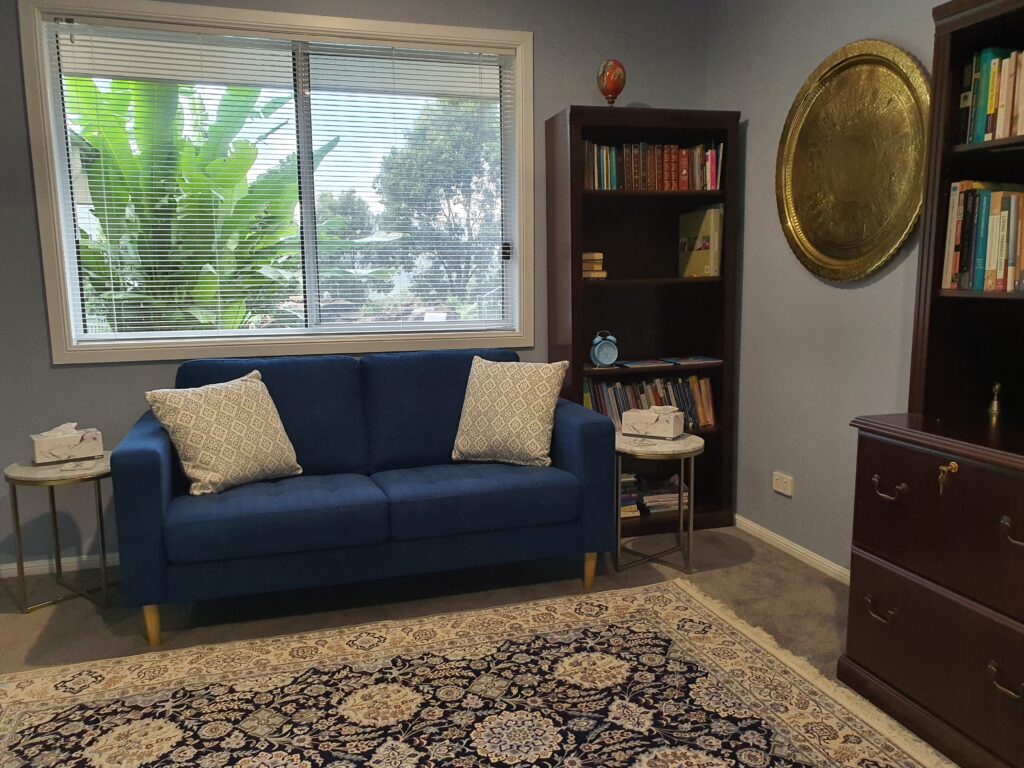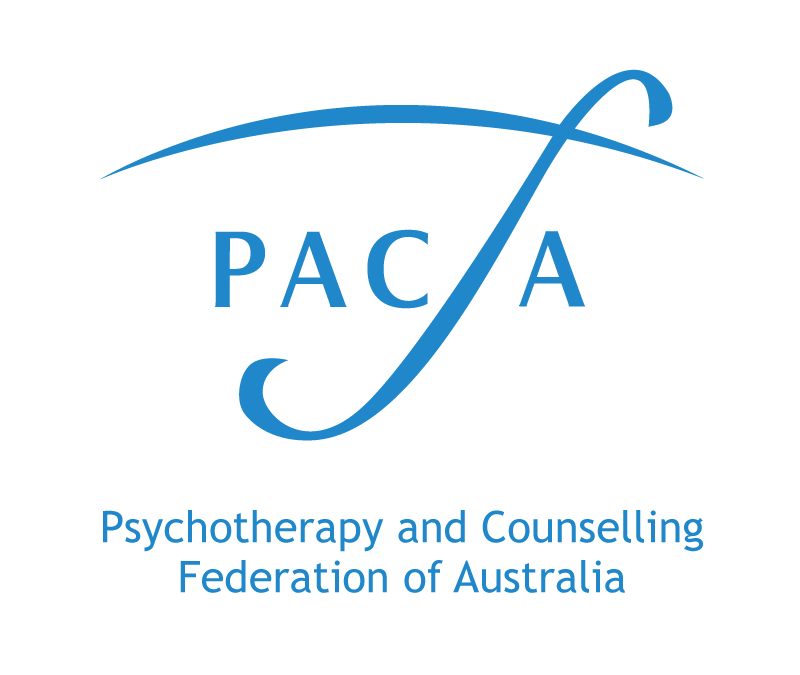Your Couple Therapy
Meet your therapist
“Hi, I’m Karen Higginbottom, your specialised couple retreat therapist. We all need loving, supportive relationships. Yet most couples face challenges along the way, and getting the right help can really turn things around!
I love running retreats because I get to witness wonderful, rapid transformations in relationships – a deeply heart-warming experience for me! I decided to specialise in retreats mainly because of the great outcomes and feedback I was receiving when delivering couple therapy in this format.
My husband Pete and I would love to welcome you to stay in our beautiful rainforest guesthouse, while I help you on the path towards the happy, loving relationship you deserve!”
Therapy location
Your retreat therapy sessions are conducted in a dedicated relationship counselling room just inside the front door of your accommodation.

Therapeutic approach
The main approach used in your couple therapy is Emotionally Focused Therapy (EFT), a scientifically validated ‘gold standard’ method of relationship counselling and marriage counselling.
EFT has the strongest research evidence for effectiveness in reducing relationship distress of any form of couple therapy.
Occasionally (where relevant), your therapist supplements EFT with methods drawn from behavioural approaches such as Gottman Method Couples Therapy and Behavioural Sex Therapy. Our work is also trauma-informed.
Extensive research over 30 years has shown that, of couples who engage in a full course of EFT with a skilled, certified EFT therapist:
- 86% experience significant reduction in relationship distress
- 70-73% move from relationship distress to satisfaction.
Further research shows that these changes last over time, and some couples even continue to improve their relationship satisfaction.
EFT has been shown to be effective for a huge variety of relationship problems and different kinds of couples. It is effective for ‘traditional’ and ‘non-traditional’ (including same sex) couples, and in diverse cultural contexts.
EFT is very different from other approaches to couple therapy that work mainly on communication skills and other behavioural changes, which can sometimes feel like a ‘band-aid’ solution that doesn’t help in the long run.




